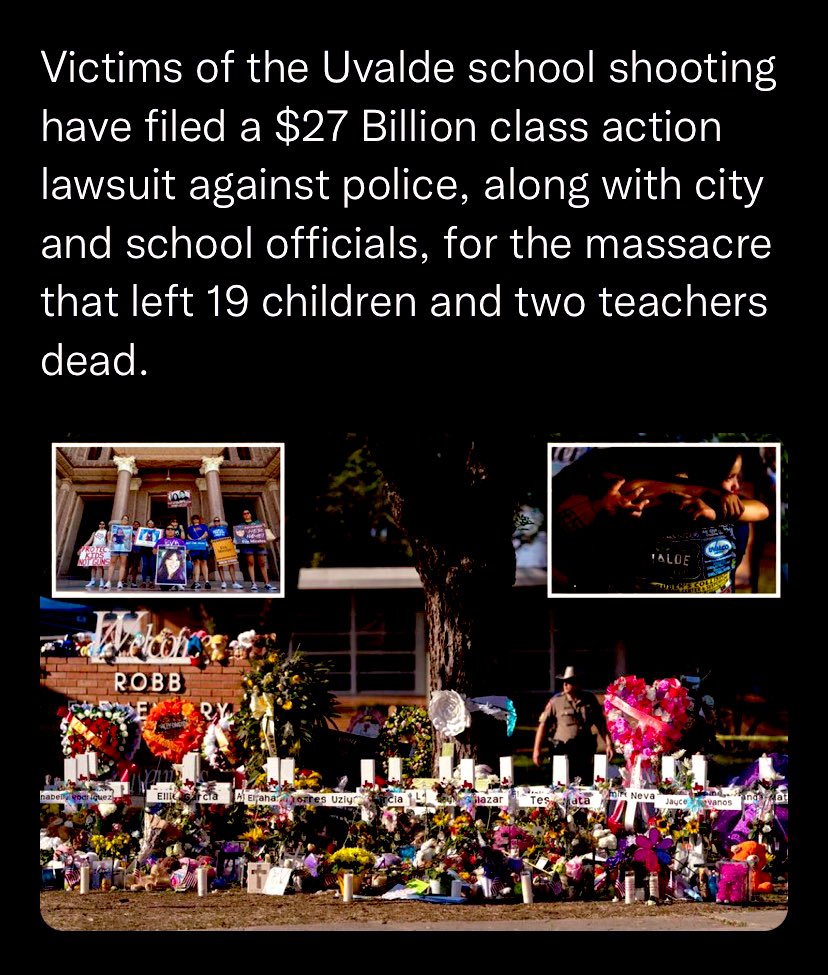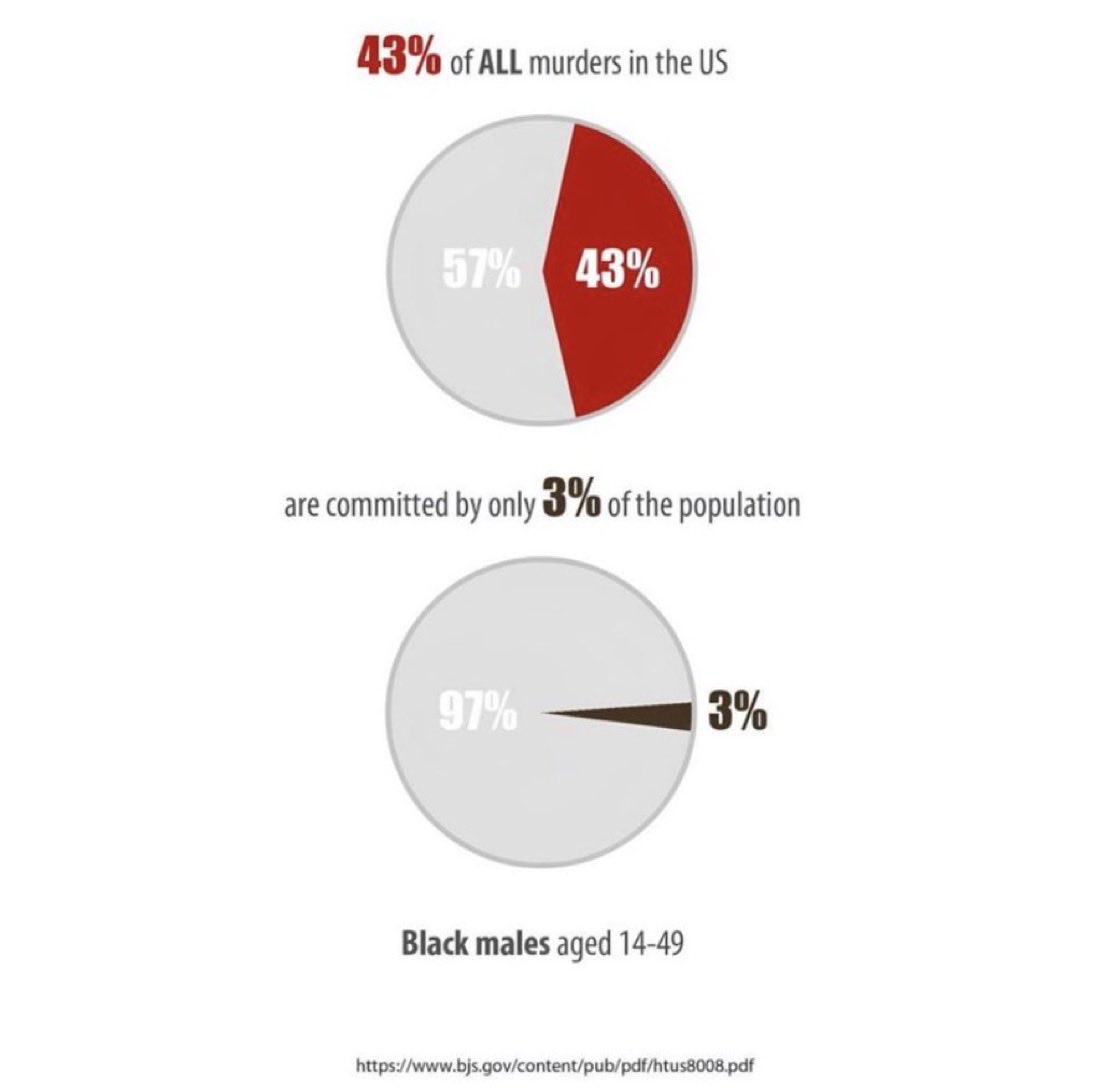FBI, CIA, NSA, DHS are all committing atrocities across the world. They accomplish most of their goals by spreading half truths, #misinformation and #disinformation
There’s always two sides of any story involving these covert organizations.
A thread 🧵 for awareness
There’s always two sides of any story involving these covert organizations.
A thread 🧵 for awareness

Here’s a prior thread on this
https://twitter.com/DeepBlueCrypto/status/1568944745212157958
CIA circulating #disinformation and half truths to achieve their goals
https://twitter.com/DeepBlueCrypto/status/1589613961695334401
FBI #priorities 

FBI and most other 3-letter agencies get tips and other “alarming” private communication information from the public, from corporations and social media platforms like Facebook, Twitter etc. This is frankly illegal per US laws.
#FBI catching criminals who stole and lost $10 billion in users funds 

When the government says it won’t abuse any program it created…
Listen to them, they are the good ones
Listen to them, they are the good ones

Methods CIA uses to influence people is by spreading #misinformation or propaganda. We gain their trust by giving them 4 true stories and 1 fake story. One in five stories are fake propaganda to further our narratives.
The FBI relies on information from informants who have not been fully vetted for reliability.
Of course the CIA and NSA must’ve made similar mistake when they said Iraq 🇮🇶 had WMDs right 🤷♂️
Of course the CIA and NSA must’ve made similar mistake when they said Iraq 🇮🇶 had WMDs right 🤷♂️
https://twitter.com/Jim_Jordan/status/1598049192509046784
Why would FBI investigate such illegal gender altering drug shipments when they can catch crack addicts in the streets of NY leaving the ones living in the White House for example… right
WHEN CRIME FITS THE NARRATIVE OF THE ESTABLISHMENT THEY LOOK THE OTHER WAY
WHEN CRIME FITS THE NARRATIVE OF THE ESTABLISHMENT THEY LOOK THE OTHER WAY

CIA investigated this and confirmed its a case of targeted #misinformation 

Now you know what FBI is busy "playing" instead of focusing on releasing the Epstein client list, instead of investigating SBF and the FTX hacker, instead of investigating fentanyl crossing borders, instead of investigating fraudulent elections 

#twitterfiles just proved that politicians, FBI, Department of Homeland Security are all corrupt at the highest levels. Support the establishment like Sam Bankman Fried from FTX or Vijaya Gadde from Twitter and you’re exempt from punishments
Its all biased anyway… f••k it
Its all biased anyway… f••k it

Its so sad to see that every f•••ing post, image, meme, tweet, call, email, chat is tracked by these FBI & CIA
I’m sick of people giving up their rights to privacy for Homeland Security
We know that DHS is corrupt from the #twitterfiles and yet we don’t care
I’m sick of people giving up their rights to privacy for Homeland Security
We know that DHS is corrupt from the #twitterfiles and yet we don’t care

What’s a few $27 billion among friends, they’ll pay up. Eventually its all paid by taxpayers anyway 🤷♂️ 

This #twitterfiles suppression of #FreedomOfSpeech scandal is no longer just about the Biden family; it’s about every member of the law enforcement FBI and intelligence CIA, DHS, NSA communities who put our country at risk by failing to do their respective jobs. 



Mark Levin's most important rant EVER dismantling Biden Regime police State.
"If this isn't a police state, then what the he*l is?! These are very, very trying times."
"If this isn't a police state, then what the he*l is?! These are very, very trying times."
17 intelligence agencies stated without a shred of evidence that Russia was behind DNC server hack. They also signed a letter claiming that Hunter Biden laptop was Russian disinformation. Same agencies also said Iraq had WMDs.
Now you know how corrupt these agencies are 🤷♂️

Now you know how corrupt these agencies are 🤷♂️


Of course those ex-intelligence officials who signed off on Hunter Biden laptop story as Russian disinformation thought they’d never be caught or indicted ever. Now that they’re ratted out, we know they were all paid off by DNC in money or kind. 

Heads must’ve been rolling from the FBI already… but nothing happens
This means everybody’s used to the idea that FBI lies and covers up routinely and its no big deal
Shame on the FBI & politicians for #misinformation & hiding the truth
This means everybody’s used to the idea that FBI lies and covers up routinely and its no big deal
Shame on the FBI & politicians for #misinformation & hiding the truth
Current and Ex FBI agents are in constant touch with the mainstream media platforms like Twitter and Facebook etc. Some of them are on these company payrolls, they scrub/edit information, feed information to the FBI & govt. at the highest levels 

James Baker FBI after he was let go by @elonmusk for meddling with the #TwitterFiles investigations 😀 

• • •
Missing some Tweet in this thread? You can try to
force a refresh



















